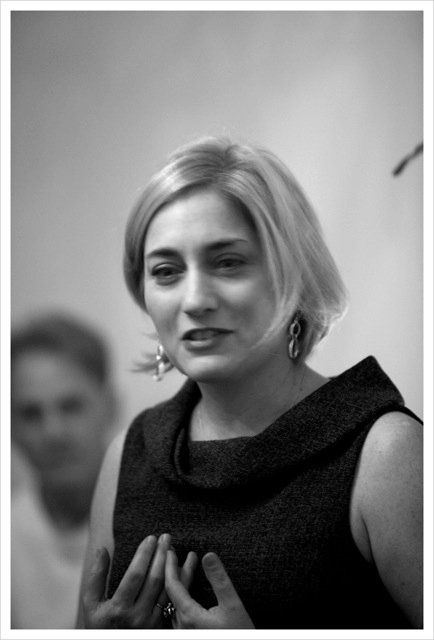Liesl has been a champion of PenTales (and our belief that stories are a powerful way to connect people from all walks of life) from the very start – back in the days of ‘yore when we first handed out notebooks to creative friends and asked them to write two pages and pay it forward. At our salon nights in New York, she sang love songs, shared tales of making ends meet, and read us an excerpt of her novel. Since we’re close friends, we are lucky enough to benefit from Liesl’s nuggets of wisdom regularly (over home-cooked meals in her charming East Village abode), but we thought it only fair to share the wealth with the rest of the PenTales family. Oh, and if you want more Liesl, check out her writing (for everything from the New York Times to The Daily Beast to Vogue) and her (super clever) lexicon of newly minted words The Illustrated WordBird.
PenTales Lessons is on a mission to collect people’s nuggets of wisdom. The idea is that we’d all be bit smarter if we share our hard-learned lessons and life mottos. Contribute your two cents at pentales.com/share
1. Who is your hero and why?
I have two heroes; my mother for her imagination, intensity, creativity and ambition; and my father for
his intelligence, good nature, uncomplaining helpfulness, and loyalty. She’s a great cook; and Papa can
build a porch. They’re both retired academics, Russia specialists.
2. What was your dream job when you were a child?
When I was a kid in high school debate club (studying French and German), I idealistically hoped i would end up as an international lawyer–a diplomatic negotiator who would arbitrate political and economic disputes.In college, though, I met a lot of law students, and got spooked by the idea that I’d have too little freedom as a lawyer to express my ideas. I realized that the kinds of job I dreamed of came through connections that I couldn’t count on. So I turned my thoughts to journalism, where I thought I could have a more effective voice.
3. What do you wish you’d known 10, 20 and 30 years ago?
4. Is there any motto you follow? What’s something that you think always holds true?
There are two mottoes I invented when I quit my day job at The New Yorker, seven years ago, and went freelance. I posted both of them on stickies on my computer screen, to steel my resolve 1) You can’t get what you want unless you know what you want. and 2) No one can make you make it but you. They were both calls to action, to force myself to actively break my own path.
5. What’s something your parents told you that turned out to be true?
This sounds a little dark: but from a very early age (I was 8 or so), my mom told me “When you’re young, everyone tells you that you have so much time, but it’s not true.” She knew that as you grow up life can get in the way and interfere with your plans, so it’s important to start building them early. She encouraged me to work hard and think to the future…so that at 40, I would have a life I loved. I admit, I’ve kept that long-view in my head since before I was even a tween….
6. If you could share a message with all of humanity (and everyone was guaranteed to listen), what would it be?
On the back of my debate club file box (we worked SUCH long hours, really stuns me to recall) in high school, when I was 12-14, I encouraged myself by pasting a quotation from Longfellow that I found inspiring and consoling. I would turn to it at 2 in the morning, and it always gave me a charge: “The heights by great men reached and kept /Were not attained by sudden flight, /But they, while their companions slept, /Were toiling upward in the night.”







Comments are closed